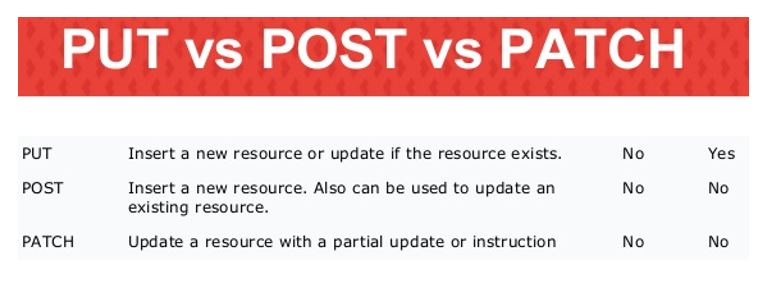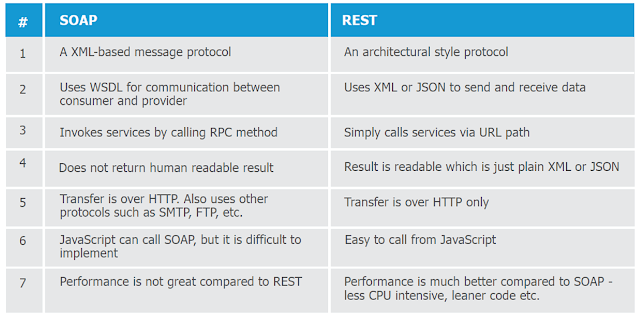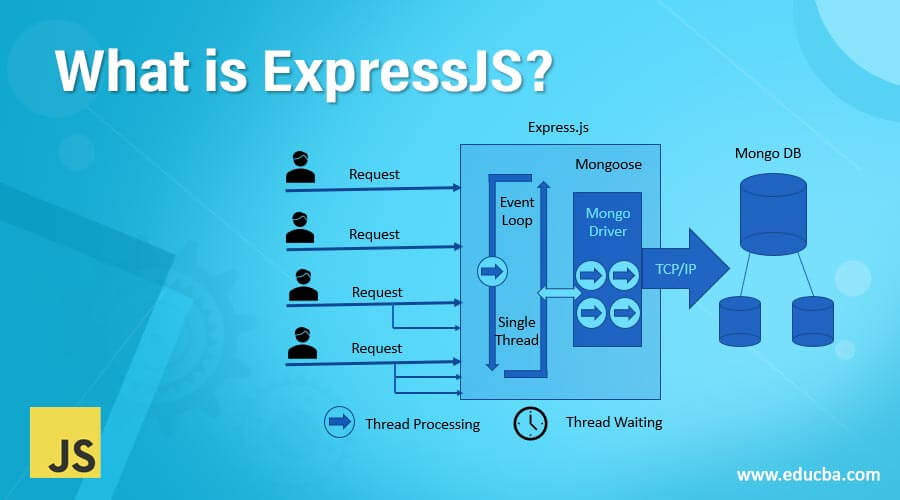Express

1. What’s the difference between PUT and PATCH?
-
PUT and PATCH are HTTP verbs and they both relate to updating a resource. The main difference in PUT and PATCH method is the PUT method uses the request URI to supply a modified version of the requested resource which replaces the original version of the resource. PATCH on the other hand supplies a set of instructions to modify the resource.

2. Provide links to 3 services or tools that allow you to “mock” an API for development like json-server
-
Mock server https://www.mock-server.com/
-
Postman https://www.postman.com/
-
Insomnia https://insomnia.rest/
3. Compare and contrast Swagger and APIDoc.js 1 Which HTTP status codes should be sent with each type of (un)successful API call?
apiDocjs and Swagger Inspector can be primarily classified as “API” tools.
-
apiDocjs: Inline Documentation for RESTful web APIs. It creates a documentation from API annotations in your source code.
-
Swagger : Test and Document Your APIs With Ease. It is a free cloud-based API testing and documentation tool to simplify the validation of any API and generate its corresponding OpenAPI documentation.
-
404 Not found
-
403 Request is forbidden
-
500 Internal Server Error
4. Compare and contrast SOAP and ReST
-
SOAP stands for Simple Object Access Protocol whereas REST stands for Representational State Transfer
-
SOAP is a protocol whereas REST is an architectural pattern
-
SOAP only works with XML formats whereas REST works with plain text, XML, HMTL and JSON.
-
SOAP is a standardized protocol that sends messages using other protocols such as HTTP
-
REST stands for Representational State Transfer. It’s an architectural style that defines a set of recommendations for designing loosely coupled applications that use the HTTP protocol for data transmission. REST doesn’t prescribe how to implement the principles at a lower level.

Document the following Vocabulary Terms
Web Server: A web server is a computer software and underlying hardware that accepts requests via HTTP.
Express: A minimal and flexible Node.JS web application framework that provides a robust set of features for web and mobile applications.

Routing: The process of selecting a path for traffic in a network or between or across multiple networks.
WRRC: Web Request Response Cycle
![img]https://image.slidesharecdn.com/inft132-09303webconcepts-090920164402-phpapp02/95/inft132-093-03-web-concepts-5-728.jpg?cb=1253465082()
Preview
Which 3 things had you heard about previously and now have better clarity on?
-
What the WRRC does and how a backend developer interacts with the WRRC
-
How a callback is used to chain multiple functions together
-
There are a lot of similarities to how API’s are written with app.get
Which 3 things are you hoping to learn more about in the upcoming lecture/demo?
-
it would be great to learn more about the middleware and how that interacts with WRRC
-
How compartmentalizing your code makes you a better Software Developer
-
How CI CD is a beneficial role to the Software Developer but also the WRRC